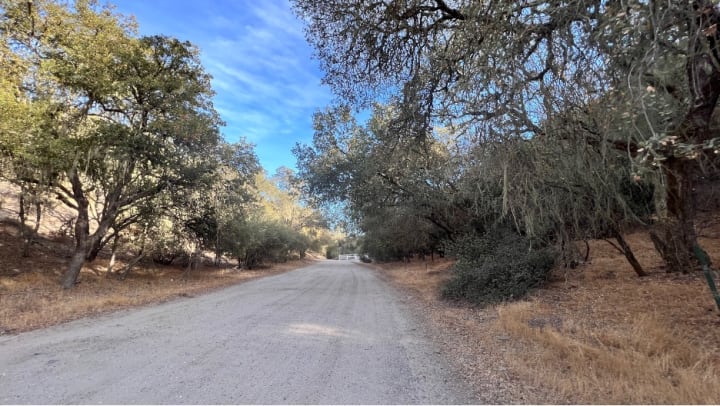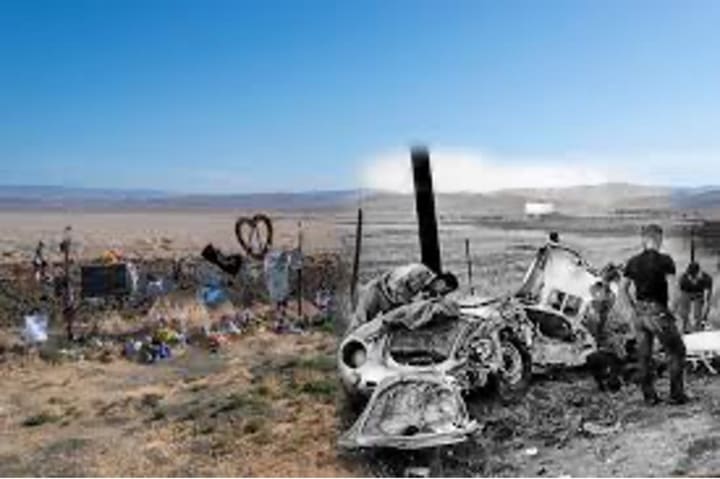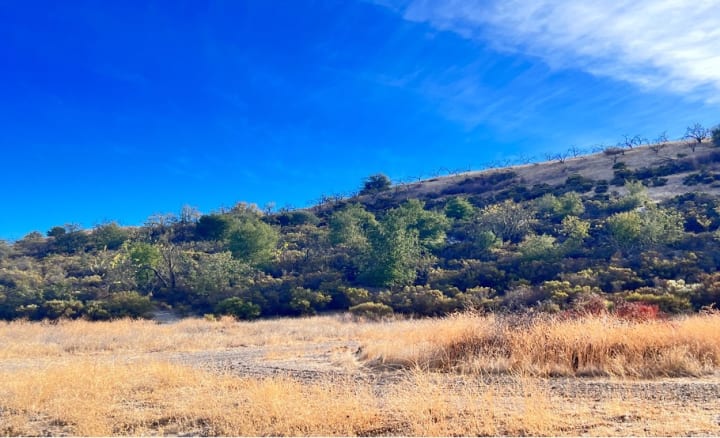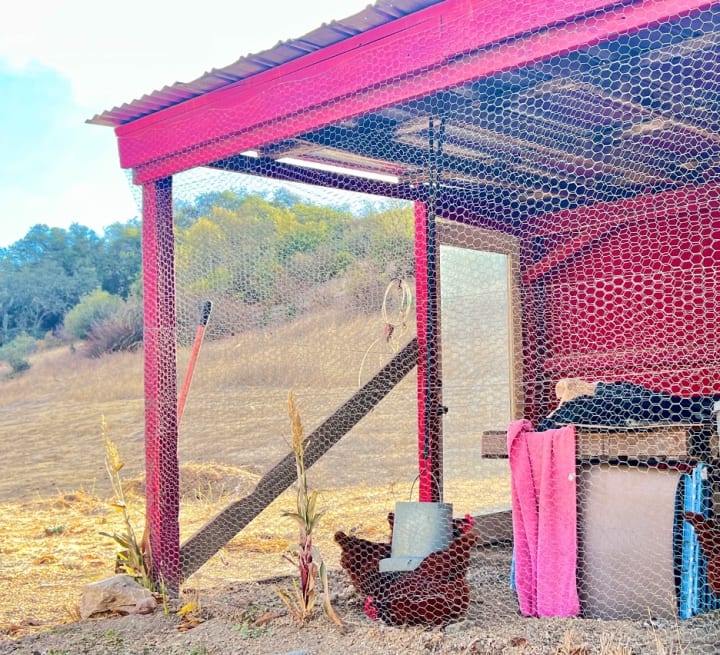From Almonds to Grapes – The Decision Not Hastily Made
Grapes have a long history in California. Almonds have a long history in Paso Robles. The money is in the grapes, so what do we do with all those almonds?

The City of El Paso de Robles was incorporated in California on March 11, 1889. It was mostly known at first for its hot springs, where there would soon be many buildings built to take advantage of the town’s hot mineral waters. It also became the last resting stop to take a break before you continued your traveling to the coast.

El Paso de Robles (how it’s written out in Spanish) translates to “the pass of the oaks” due to an overwhelming number of oak trees that grow here. It is a fact that homeowners must get permission from the city to cut down an oak tree, as they are protected by a city ordinance.

Paso Robles was first known for their almond orchards, and almonds became their main product. Soon the ranchers and farmers planted thousands of almond trees on many acres of land. There were many orchards, and the city was content to be known as “Almond City”. As lucrative as the farming of almond trees was, it didn’t make Paso Robles stand out as anything special, it just made sense to continue farming it.

In 1965, Paso suddenly had many people coming to city because an accident took place that killed one of America’s biggest stars at the time. James Dean was a standout actor who was in three iconic movies in a row before he died. He died in an auto accident near the town, on Hwy 46 near Cholame. He was driving his new Porsche Spyder at a safe speed and was minding the traffic laws, when an approaching car swerved into his lane and struck Dean head on. He had no chance for surviving. The news spread quickly as many people traveled to Paso to see the crash site. Later, a memorial for the actor was erected at the crash site where fans all around the still gather every year to mourn the actor.

In 1970 a change started to take place in the city. Almond growers started changing their orchard of almonds into vineyards of wine grapes across the city. The first person to introduce wine grapes to the county was Francisco Cortez, the famous conquistador. He encouraged others to plant grapes and envisioned the area having an abundance of vineyards due to the rich soil.

The first vineyardists were The Padres of the Mission San Miguel. Commercial wine making was introduced to Paso Robles. In 1882 Andrew York, a settler from Indiana, established Ascension Winery. In 1886 the Casteel Vineyards were license to produce jugs of Zinfandel, Port and Muscatel wines made from Burger Grapes. Lorenzo and Rena Nerelli purchased a vineyard at the foot of York Mountain in 1917. It was the first winery to be bonded after they repealed Prohibition.

As a result of all this wine growth, almond orchards were considered old hat. Gilbert Arebalo, current owner of 35 acres of almond orchards (he inherited from his mom, who inherited the land from her mother and father). Joseph Elisarraras, his grandfather, moved to Paso Robles from Michoacan and began just buying property. Along with the 35 acres of almond orchard, he bought several houses across town. When he was done buying property, he had accumulated 5 houses in Paso Robles and Atascadero. Over the years and after his death at an early age, his children squandered the houses away but managed to keep the 35 acres of almond orchards.

“By the time the property came down to me, the grape vineyard boom here in Paso had already grown to a peak, then settled down”, he said as he pointed out at a section of land that appears to be where almond trees once stood that are now just covered holes in the ground, “I remember Grandpa still working the trees with his employees, mechanical shakers were strapped to the trunk of the tree… and the machine would just shake the hell out of the trees, and all these almonds would fall from the tree, it was quite a sight to see!”

He continued, “’When grandpa died suddenly, his children had lost interest in almond farming. But, instead of starting a grape vineyard, they just stopped working it, and pursued their own jobs, and let the trees get old and almonds just fall naturally from the tree. The trees eventually were chopped up for wood and one by one they disappeared. Soon, there’d be a grapevine to the left of us, another to the right of us, one up on a mountain just beyond our fence… it was very frustrating because I had said to follow their lead years ago, and now we have dead almond trees as vineyards are just right next to us and are super successful. My uncles? Not one of them were interested.”

The Arebalo’s only have their relatives to blame for not jumping in on the grapevine craze back in the day. He said it would be too expensive to start up now, since you can’t start harvesting your grapes for wine until about five years have passed.

Gilbert said that he has no interest in starting a vineyard now and will probably just sit on the land until he dies.
“I’ve got a thing going with the other thing that had its own little growth spurt. I have a home in Santa Barbara that was my mom and dad’s, which I’m turning into a stayover for Airbnb’s. My own home in Las Vegas, that I’ve already turned into an Airbnb, and some other stuff I’m doing that’s keeping me in the black”.
He’s looks at his orchard of dead almond trees, and has to laugh.
About the Creator
Thomas G Robinson
A grandfather, father, son, brother, and friend. He's also a student in a masters program, artist, singer/songwriter, actor, writer & college grad making it through each day scathed, damaged and broken ... but, he’s still making it! Kinda.






Comments
There are no comments for this story
Be the first to respond and start the conversation.